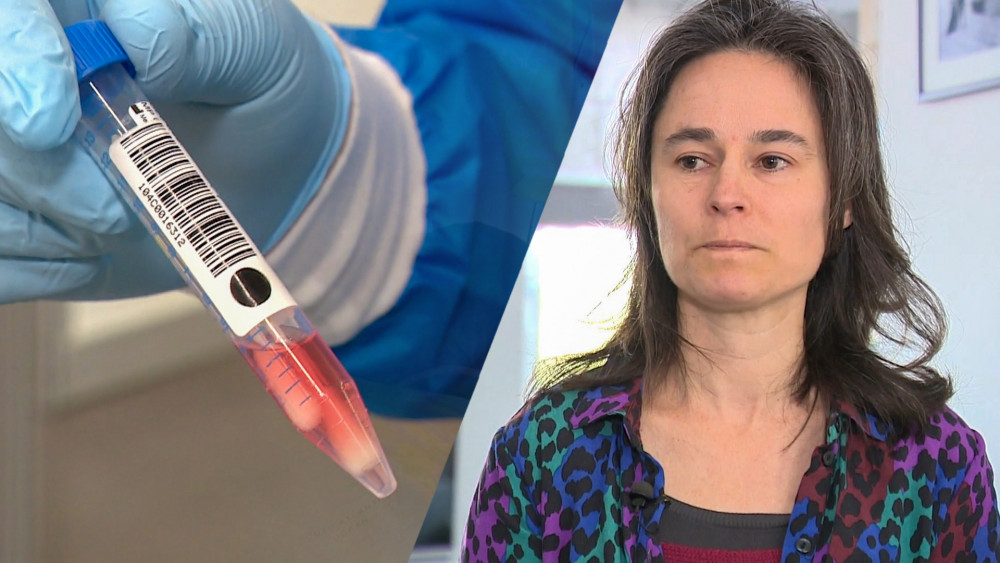Amsterdamers who contracted post-covid syndrome during the first waves of corona now, after two years of the disease law, are preparing for medical examination to determine how far they can still return to work.
This also applies to Astrid Slot, a geography teacher at Sint Nicolaas Lyceum in the south. The teacher has two children, she was a passionate climber before she fell ill, but now reading the newspaper is too much.
“I really don’t know what the future holds for me. I have yet to be approved – will I be rejected? I don’t know, but sometimes I feel useless. Of course not, I have children and that’s what I do for things, but I was also a person who he worked, gave lessons, enjoyed himself with colleagues. Now it has become much less “.
19,000 Dutch people have signed up to the national C-Support network who are still struggling with complaints after a coronary infection. A thousand of these patients are from Amsterdam and three-quarters of them are still actively cared for, says Eline Hofman, general practitioner and medical consultant at C-Support. “Probably not a thousand, but probably more,” she suspects.
According to the WHO, there is ‘post covid’ if you are still around with complaints three months after a positive test. These disorders can be very different, but shortness of breath, fatigue and difficulty concentrating are often felt.
Knowledge and therefore understanding of pulmonary covid is increasing, but initially people were quickly labeled as ‘burn out’. “At some point people got back to work and pretty hard, only to completely collapse after a few months,” says Hofman.
Things are improving now, although Hofman is concerned about the large group of self-employed workers who cannot go to the occupational doctor and who often do not have occupational disability insurance. Recently, the UWV announced that during the first twelve hundred medical examinations of employees with long-term crown complaints, 84% of them are entitled to disability benefits.


